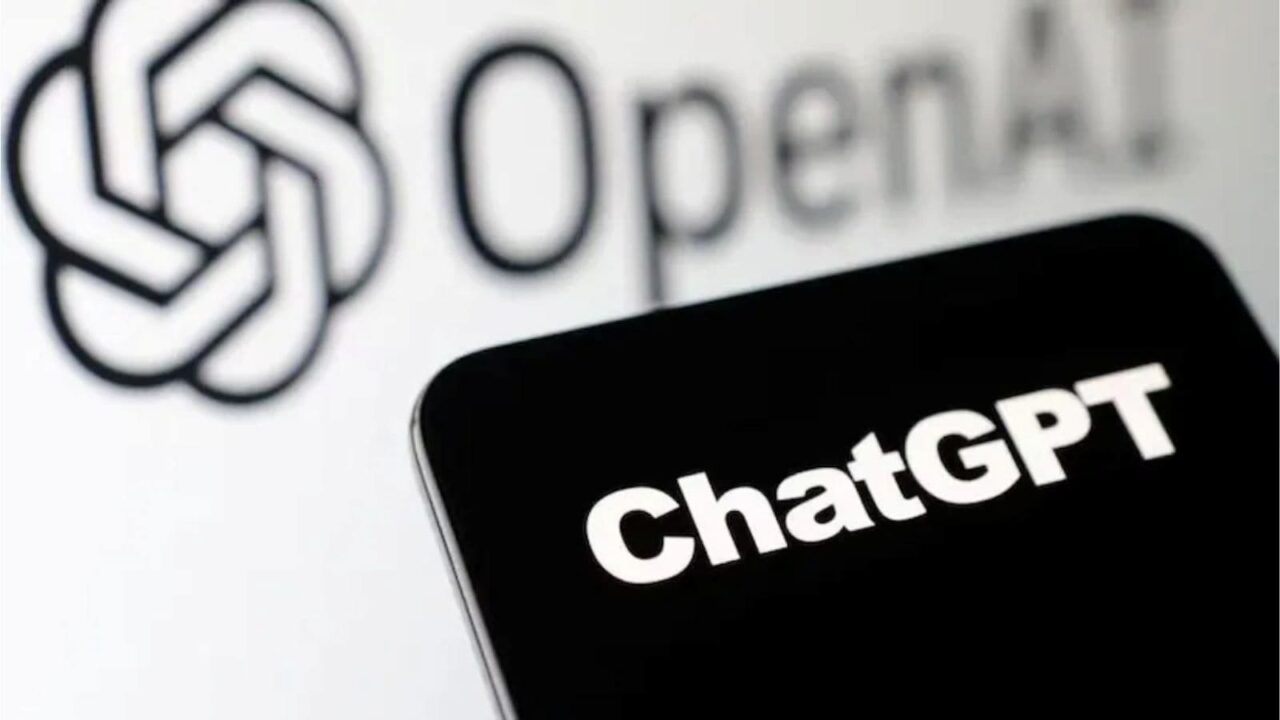98% of Teachers Concerned About Cheating with ChatGPT: ChatGPT is gaining traction in educational circles, with schoolteachers and homeschool educators formulating distinct opinions. But this rise raises an important question: Are we paving the way for a wiser future or for a generation less dependent on critical thinking?
98% of Teachers Concerned About Cheating with ChatGPT
A recent survey indicates that homeschool educators are 35% more likely than school instructors to support the use of ChatGPT in K-12 education. 69% of schoolteachers and 68% of homeschool educators concur that it is beneficial for preparing children for careers revolving around technology. Notably, homeschool educators introduce ChatGPT to their students as early as age 11.
However, not everything is rainbows and sunlight. One in ten educators have caught students scamming using ChatGPT. Then, does the instrument designed to facilitate learning run the risk of becoming a crutch for academic dishonesty?
57% of educators view ChatGPT as an asset for students with special needs, alleviating accessibility concerns. While it is true that technology should break down barriers, one cannot disregard the lurking dangers. A staggering 98% of educators are concerned about the use of ChatGPT, specifically the danger of increased student technology dependence and diminished critical thinking skills.
The dichotomy of educator opinions exemplifies the age-old paradox of technology: its capacity to be both a great help and a great hindrance. As with schoolteachers, homeschool educators use the instrument for learning games and personalised lessons, but they are wary of its pitfalls. Despite the fact that 44% of homeschool educators have integrated ChatGPT into their curriculum, 95% confess to having reservations.
As educational systems attempt to incorporate AI, it is evident that a one-size-fits-all approach will not suffice. Teachers must tread warily, embracing the benefits of technology while remaining vigilant against its drawbacks. The aim of introducing AI into the classroom should not only be to stay ahead of the curve, but also to preserve the essence of what makes education truly transformative: critical thinking.


















